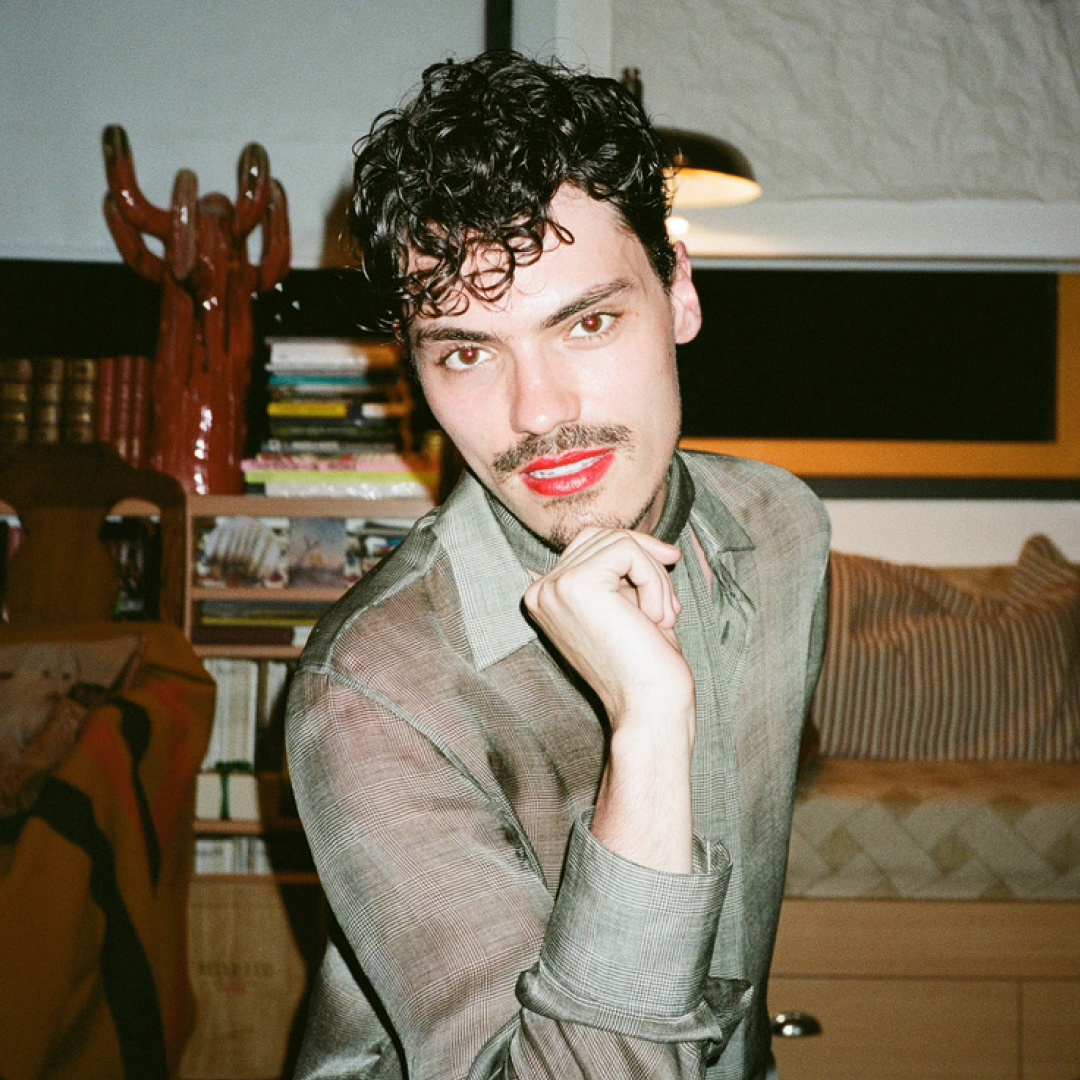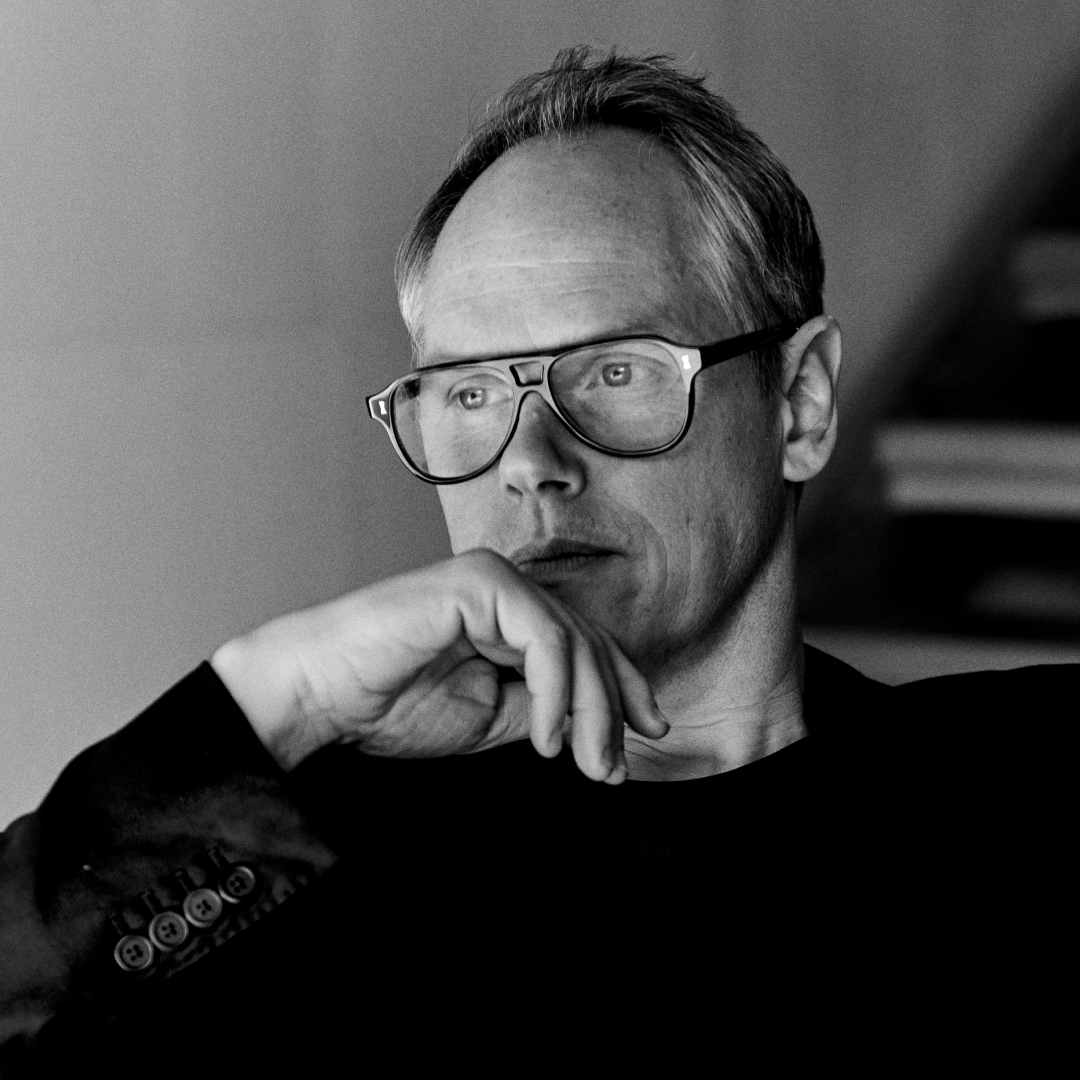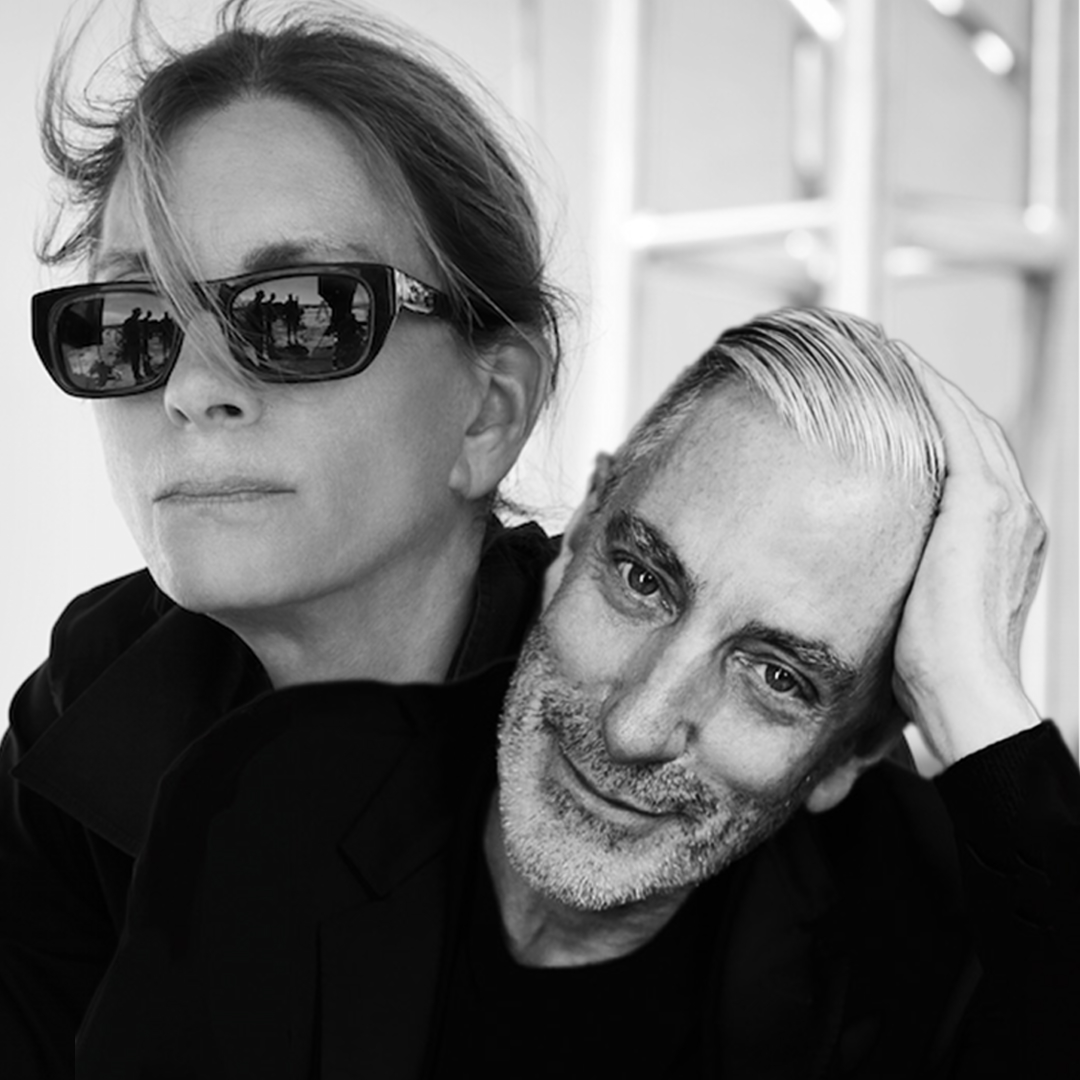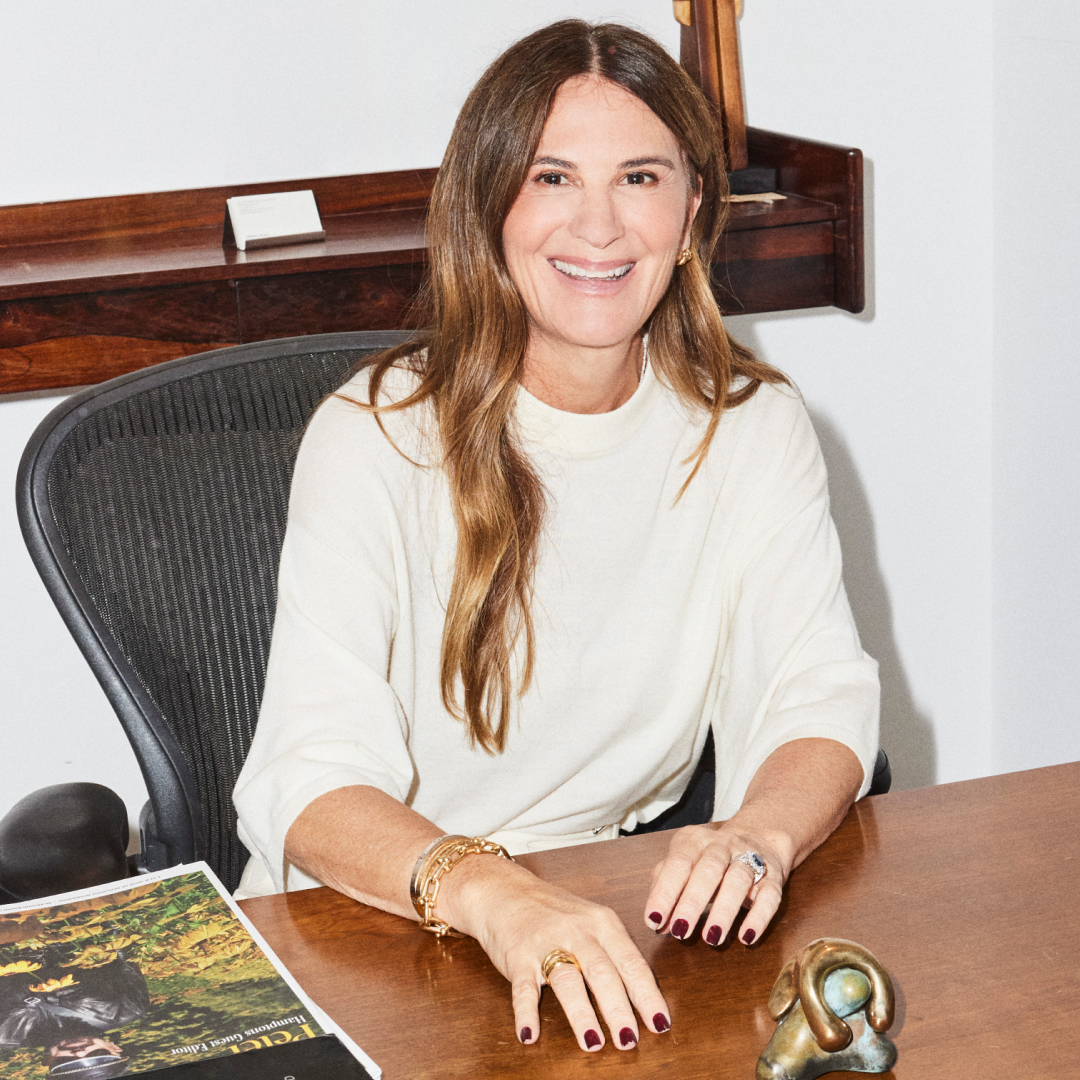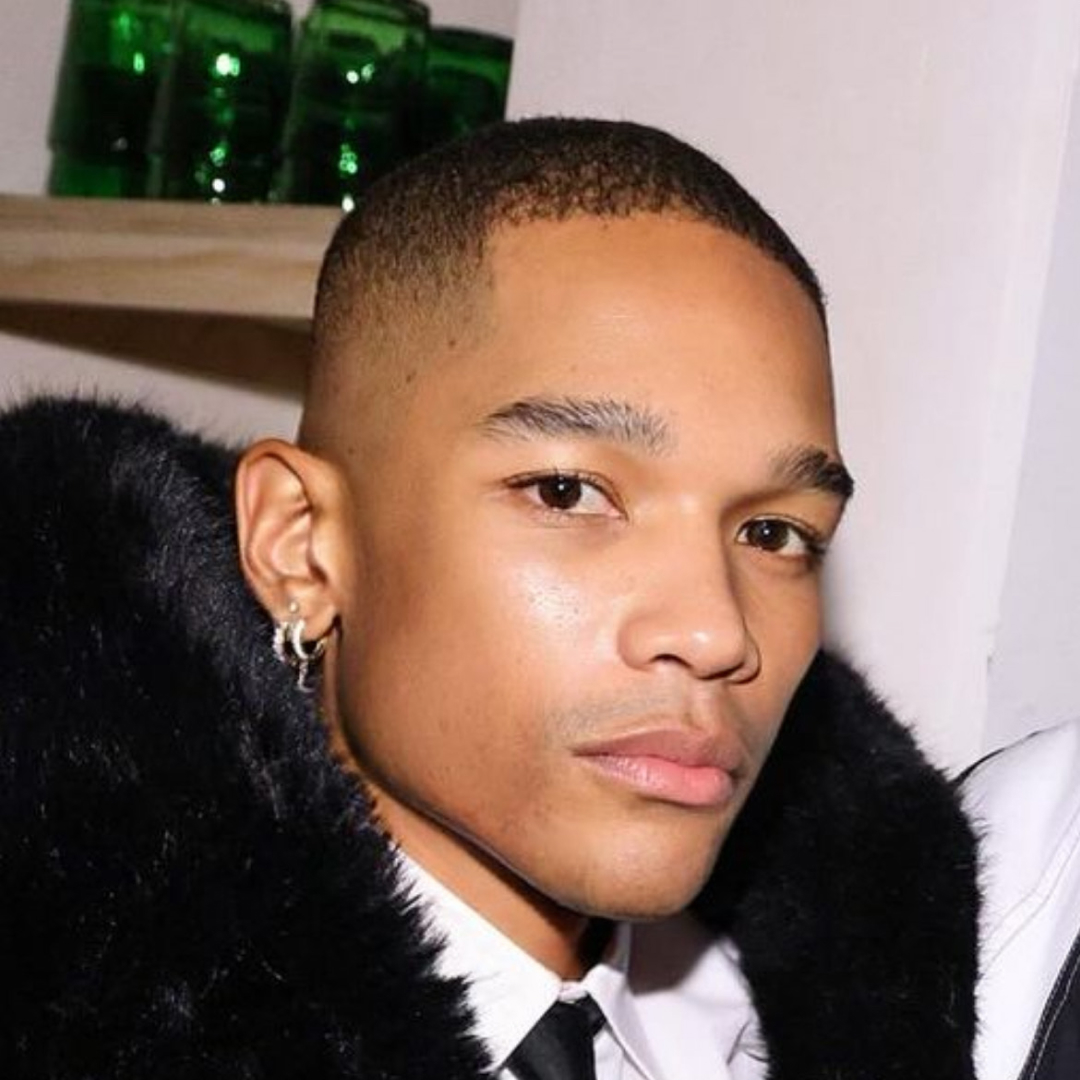Show Notes
Summary
Brendon Babenzien offers a look into his trajectory from a skateboarder immersed in the alternative music scene between Long Island and New York City to the forefront of fashion. His journey is a testament to his unique cultural access and entrepreneurial spirit. Inspired by the convergence of hip-hop, punk, new wave, and rave cultures during his teenage years, Babenzien recognized early on that the future lay outside mainstream culture. His skateboarding roots instilled a sense of belonging in the cultural periphery, a theme he later translated into the foundational ethos of his brand Noah, a staple in the New York menswear luxury realm.
Babenzien discusses his evolution, from his early days at Supreme in 1996 to the launch of Noah in 2002 to the present moment, which is, for him, marked by a commitment to ethics over aesthetics, emphasizing sustainable business practices. He views creative direction as not merely about premium clothing design but the creativity involved in building a well-intentioned business.
Babenzien encapsulates his philosophy—fusing style with substance, challenging mainstream culture, and championing a future where conscious choices redefine contemporary values.
Episode Highlights
- Upbringing: Growing up skating and in the alternative music scene between Long Island and New York City, a serendipitous meeting in Babenzien’s teenage years with Don Busweiler ultimately led to his interest in fashion.
- Cultural access: Babenzien’s proximity to surf and skate cultures coincided with a “unique window of time where there was a lot of firsts.” Hip-hop, punk, new wave, and rave culture made an impression on him as a teenager.
- “This stuff we’re into is the future”: he recognized from an early age that scenes outside the mainstream culture were the future and capitalized on that reality.
- Skateboarding culture and being a “freak”: Babenzien locates the importance of making meaningful friendships that cultivate a sense of belonging, even on the cultural periphery.
- Building a brand: He doesn’t consider creative direction to be “terribly creative,” arguing that the business infrastructure and upkeep takes a more creative toll than clothing design.
- An organic process: living in and near New York City culture in a combination of subcultural worlds naturally lent itself to fashion design and product marketing, especially when he felt represented by certain brands, like Stussy.
- Joining Supreme in 1996, Babenzein had the cultural references to create a certain style but had to learn the business management and operation as he went along
- From underground to mainstream: speaking on how street style has infiltrated the luxury sector and mainstream fashion, Babenzein says that while he himself is always looking for growth and the next thing, his ethos of earning access comes from his skate roots.
- Ethics over aesthetics: Babenzein’s idea of what’s punk has evolved over the years, moving from rebelliousness to real action, which informed his establishment of Noah, a brand existing “intersection of lifestyle and fashion.”
- “A long arc”: Babenzein spent two decades learning about the intersection of environment and fashion business in the process of launching Noah. “There wasn't so much an aha moment, as it was this slow build to get there.”
- Future-forward: Babenzein cites getting married and having a child as moments when he knew the importance of sustainability.
- Luxury and sustainability: Noah garments comes at high price point to reflect the premium quality and ethical standards set in place for factory workers.
- “I'm not Yohji”: As a creative director of a brand with simple collections Babenzein sees Noah’s value in the idea behind the label rather than in the clothing itself.
- On J.Crew: Babenzein likes that the scale of the brand and its resources enable him to produce clothing at an accessible price point and that he brings to the company a transformed idea of internal culture.
- “There never will be a perfect business”: Babenzein prioritizes buying from and collaborating with well-intentioned brands, though business is inherently destructive.
- Outcasts: He “gravitate[s] to people who were kind of on the outside,” like Sinéad O'Connor, seeing this outsider nature as what’s contemporary in a hyperconsumptive society.
- Trade-offs: Babenzein highlights the importance of creating your own value structure, which he says causes a trade-off wherein, for instance, he would have accumulated more wealth with Supreme.
Notable Quotes:
- “A few of us were acutely aware—and I'm not sure how we got there—we were acutely aware of this reality that the things we were interested in were going to drive culture forward and were going to become more standard for people, even though at the time it wasn't.” —Brendon
- “I think most people who come up through skateboarding are familiar with this sense of strengthening, from being outside of mainstream culture.” —Brendon
- “When you find your people, it's really rewarding and refreshing, and it creates a nice bonding. Even now, at 51, if I meet someone who's close to my age, and you start talking about music, if they resonate with that stuff, they're just like, ‘Oh my god, like, you're my people!’” —Brendon
- “The creativity comes more in building the infrastructure of the business if you're trying to do something new. So my clothes are fairly simple, it's like a wool shirt, a pair of jeans. There's a lot of thought that goes into it and there's a lot of thought that goes into the graphic nature, things like that. But it's the idea of the business that I think is interesting.” —Brendon
- “The things I was into were heavily, heavily in the world of style, right? Skateboarding and music both had this heavy position in style. So that's probably where it began. And then once you start exploring outside of your own little world, once you leave your little hometown and you venture into New York City you're just going to access things and see things that are going to influence you whether you want them to or not.” —Brendon
- “All these things [like Supreme] that were underground are now above-ground. And I guess, at my very fundamental core, I'm always looking to do something different or do the next thing, and that can mean a lot of different things, right? It's fascinating to watch that it's become the primary culture.” —Brendon
- “The standard of how everyone dresses—that's not something I ever really, I'm never trying to be a part of that. It's why I left years ago to do my own thing, because I'm always trying to be somewhere else from what mainstream society's doing.” —Brendon
- “When I was a kid in the ’80s it didn't matter what you did. If you got rich, you were a god. Nobody cared how you got there. You were a hero, you were a superhero. And to hear people talking about business in a way where it was like, no, it matters what you do, it matters how you get there, it matters the destruction you leave behind you in amassing your wealth—that was revolutionary for me.” —Brendon
- “I think I always knew I would do something. I just didn't know when I'd be ready.” —Brendon
- “The general population is buying stuff to just fit in, whether it be their house, their car, where they have dinner, the clothes they buy. It's all just because they're fed marketing, advertising imagery all day long, like, this is who you need to be, this is who you need to be. And it's so powerful that it's hard to fight against. I think if you educate people about what their purchases mean in real life, in real time, you might be able to shift the way things work.” —Brendon
- “My view is if you're going to buy something, just make sure that everyone who had a hand in making it and delivering it and getting it to you. is living a reasonable life, is being paid enough to pay their rent or pay their mortgage and feed their kids and go to school and get an education.” —Brendon
- “Our real purpose is to create products that we think are really great quality, incredible cloth bought from reputable mills where people can make a decent living, created in factories where people are paid fairly, have health insurance, have vacation time, and so on, that's how we make our decisions. That's how we make our products. And then we try to educate the consumer population about their role in that, right? It's a two way street, companies have to operate more responsibly, and then the consumers also have to operate responsibly.” —Brendon
- “There are these little moments that you inject that, get you further along, but you can't go from zero to 60, you've got to pass through one, two, three, four, five, six, seven, eight to get there. So that's how we're operating this slow drip of change over time.” —Brendon
- “I’m inspired by outsiders and outcasts.” —Brendon
- “I don't want to be a super Debbie Downer or whatever, because there's so much beauty happening at the same time, but contemporary to me means popular culture and the popular culture right now, I feel like is naive, and to some degree shallow, which brings me back to the outsiders and the outcasts who aren't a part of the popular mainstream culture, who might be reading books, you know? Like, they're just putting their phones down, which is the thing, right? —Brendon
- “There's these kids in New York who twice a week get together. For the afternoon after school without their phones, they made a conscious decision to like, we leave our phones home and just go hang. I'm like, that’s bizarre in today's world. That's what I want to be contemporary five and 10 years from now.” —Brendon
- “I know a lot of really wealthy people who are miserable, so if you get to do the things you love to do, haven't you kind of won? Obviously you need to be able to put food on the table and pay rent and all that kind of stuff, but if you can do that and have time, the extra money on top of that might not be that necessary. If I was rich and I couldn't surf, I'd be miserable.” —Brendon









